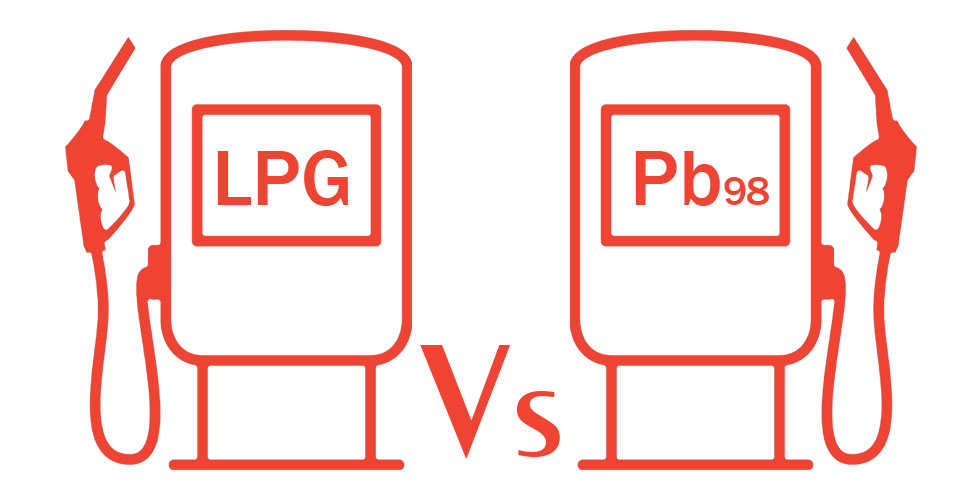Petrol or LPG
Contents
ToggleComparison of fuels in the context of economy, ecology and performance.
Introduction
Nowadays, against the backdrop of rising fuel prices and increasing environmental concerns, many people are wondering about choosing the right fuel for their vehicle. The dilemma between petrol and LPG (Liquefied Petroleum Gas) is one of the most commonly discussed issues. In this article we will look at comparing the two fuels in terms of economics, ecology and performance to help readers make an informed choice.
1. petrol
1.1 Petrol characteristics
Petrol is a traditional and widely used fuel, obtained mainly from crude oil. It is a mixture of various liquid hydrocarbons that have different octane numbers. Petrol is relatively easy to distribute and available at most petrol stations.
1.2 Petrol economy
Petrol, despite its popularity, is often considered a relatively expensive fuel. The price of petrol can significantly affect a driver's budget, especially when oil prices are high on global markets. However, the cost of running petrol cars can vary, depending on the model of the vehicle and its combustion.
1.3 The ecology of petrol
Petrol-based fuels have a negative impact on the environment, as they emit harmful substances such as carbon dioxide (CO2), nitrogen oxides (NOx) and organic compounds (HC) during combustion. These emissions contribute to the greenhouse effect and smog, which causes a number of health and environmental problems.
2. LPG (Liquefied Petroleum Gas)
2.1 Characteristics of LPG
LPG, or Liquefied Petroleum Gas, is an alternative fuel to petrol, consisting mainly of propane, butane or a mixture of the two. It is obtained through the extraction and processing of natural gas.
2.2 Economy of LPG
LPG is often considered a more economical fuel compared to petrol. Its price is usually lower and some countries also offer tax incentives for vehicles using this fuel. In addition, cars adapted to run on LPG can have lower fuel consumption compared to petrol engines, which translates into savings in the long term.
2.3 LPG ecology
Compared to petrol, burning LPG in vehicles produces lower carbon dioxide emissions and fewer air pollutants such as nitrogen oxides and particulates. This means that LPG is more environmentally friendly and contributes to reducing the negative impact on the climate.
3. performance comparison
3.1 Engine power
Traditionally, petrol-powered cars have shown more power compared to those running on LPG. However, the technology and performance of LPG cars continues to improve and the differences between the two engine types are becoming smaller.
3.2 Performance
LPG cars may be slightly less efficient compared to their petrol counterparts. LPG has a lower energy density, which may result in slightly higher fuel consumption.
3.3 Length of operation
Petrol, due to its higher energy density, may allow for a longer vehicle range compared to LPG. LPG cars may require more frequent refuelling, which can be an important factor for long journeys.
4 Petrol or LPG - Summary
Deciding between petrol and LPG as a fuel for our vehicle is a complex choice that depends on a number of factors, such as local fuel prices, station availability, budget, environmental preferences and car type and model. Petrol, despite its advantages, has a negative impact on the environment and can be a more expensive option in the long term. LPG, on the other hand, stands out for its lower emissions and lower costs, but may lose out somewhat in terms of performance.
It is advisable to carefully examine and compare the various aspects before making a final decision. Keep in mind that developments in technology and alternative fuel options may affect this balance in the future. Ultimately, the choice between petrol and LPG should be an informed one and properly tailored to the individual needs and preferences of each driver.




